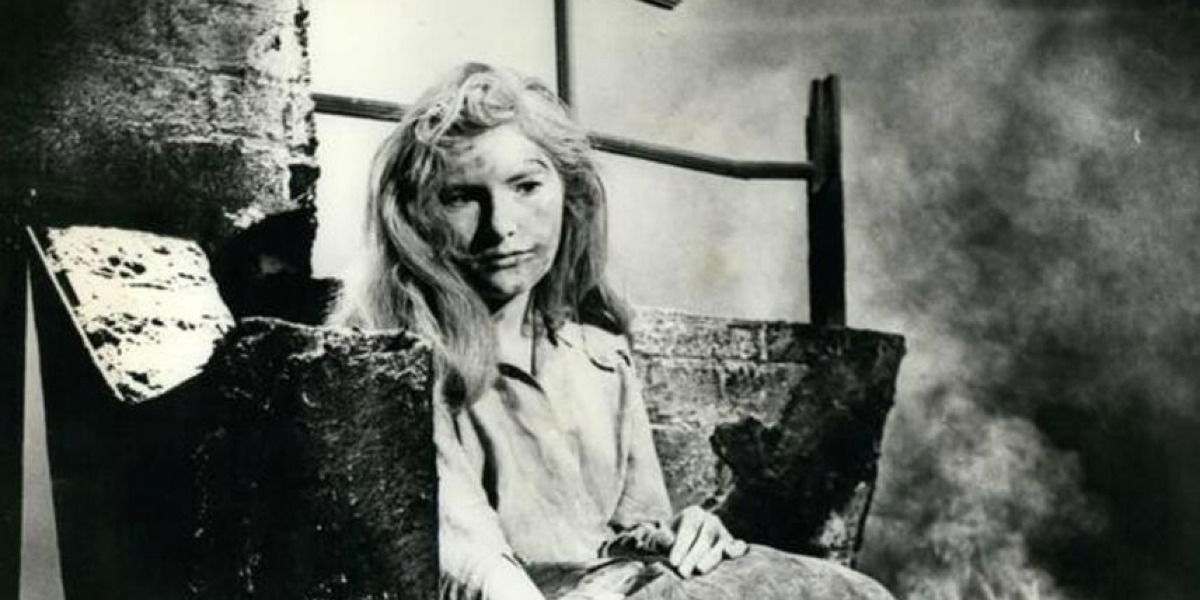Doomsday For Dyson (1958)

Tom Dyson has a dream about a nuclear war and having to shoot his horrifically injured wife and daughter.
| Production company/ies | Broadcast region(s) | Broadcast date(s) |
|---|---|---|
| Granada Television | Central Scotland, London, Midlands, North of England, South Wales & West of England | March 10, 1958 |
Production credits
| Producer(s) | Director(s) | Writer(s) | Other notable credits |
|---|---|---|---|
| Silvio Narizzano | J B Priestley | Production design: Tom Spaulding |
Acting credits
|
|
Notes
Doomsday For Dyson was written by J B Priestley for Granada Television, and was notable for its intense and thought-provoking themes, and it was followed by a debate discussing the issues raised.
In the news...
Philip Purser of the (London) News Chronicle wrote on February 22, 1958 that Priestley had written his third play for television and queried why he bothered as the "financial rewards are slender by comparison with the outlets open to [him]?" Priestley apparently answered the question by saying that he is fascinated by the medium and, "if I've got something important to say, saying it tot 8,000,000 people at one time is very satisfactory." Purser added that Granada were "endeavouring to keep as much a secret as possible, in order to heighten the effect."
The same paper, on March 6, 1958, featured a preview of the play with the headline "PRIESTLEY'S BOMB FOR TV", beginning with the statement that "Priestley's concept of life, or what may be left of it, after an H-bomb has fallen on Britain will be seen on television next Monday." They mention Priestley was an outspoken critic of the Government's nuclear policy and that Granada believe it will cause more controversy than any dramatic work seen on television. After the play, there would be a panel comprising of MPs, an historian and a priest discussing the play.
The play was broadcast at 8.30pm on ATV Midlands, STV (Henry Hay of the Daily Record said on March 10, 1958 that he thought the play would have a "topical bearing on sputniks, H-bombs and space travel."), TWW, and, of course, Granada.
Philip Purser recorded his verdict the following day by reflecting that "the great play about life in the shadow of the H-bomb is still to be written." Purser seemed a little underwhelmed that it had all been a dream. The Liverpool Echo said that the play "failed to punch home an intensely serious message through overemphasis." The Shields Evening News felt that the play "dodged all the questions which thinking people are making about the bomb."
